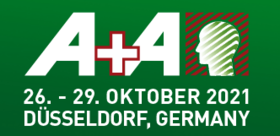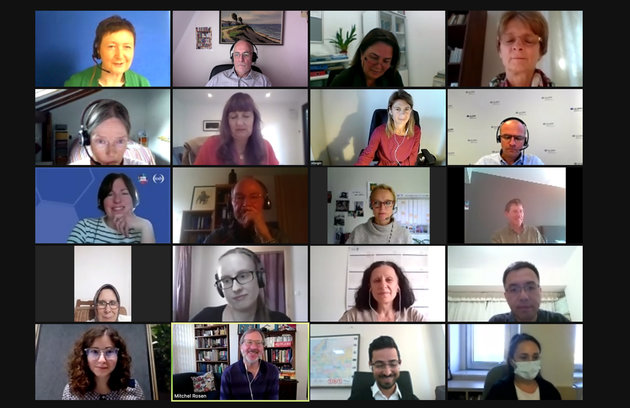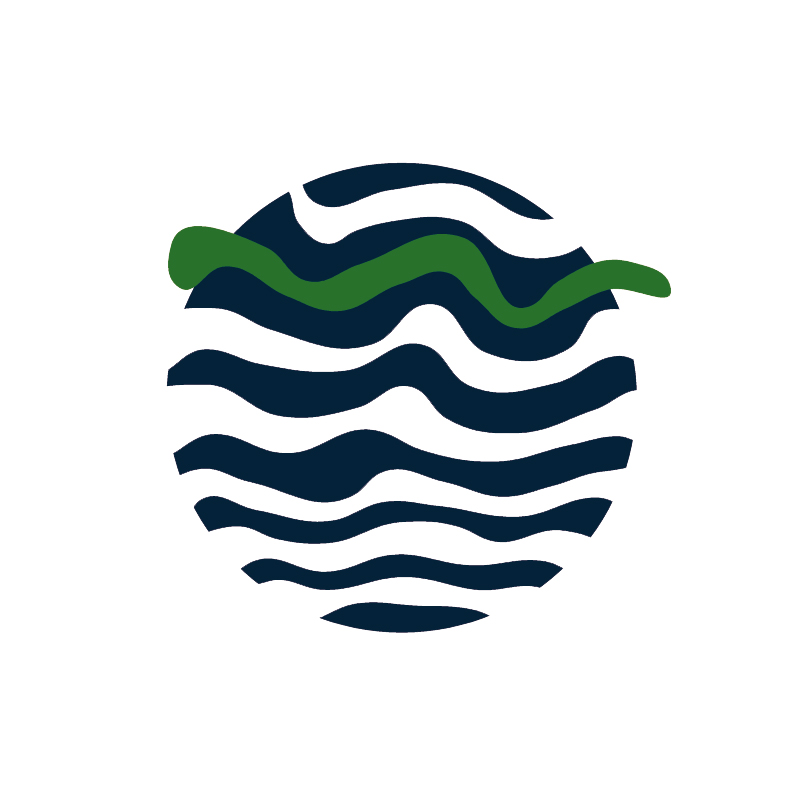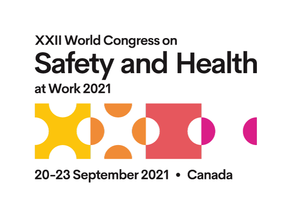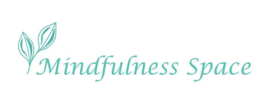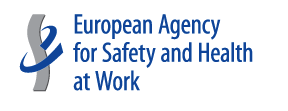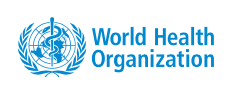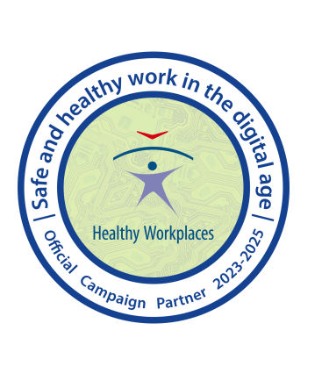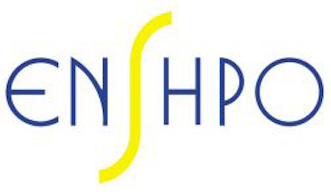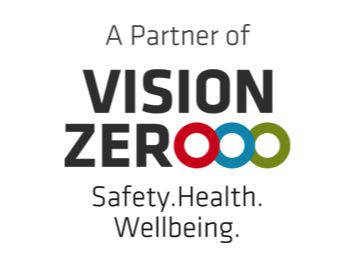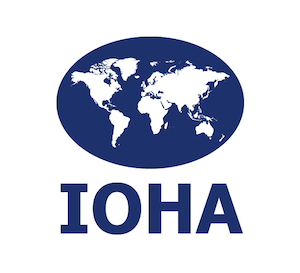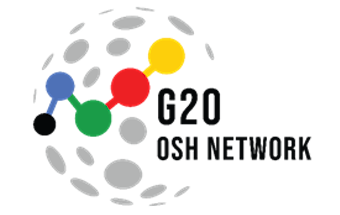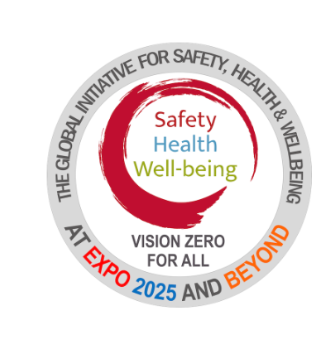Universities as role models for good work
03. Oct 2021 /
Side event to the XXII World Congress
03. Oct 2021 /
by ENETOSH
12. Sep 2021 /
20-23 September 2021, Canada
18. Aug 2021 /
Read more … XXII World Congress on Safety and Health at Work
for Teachers and Students
11. Aug 2021 /
Competent university teachers for digital learning in OSH
19. Jul 2021 /
on Health and Safety at Work 2021-2027
19. Jul 2021 /
strategies for preventing and managing falls across the life-course
20. Jun 2021 /

